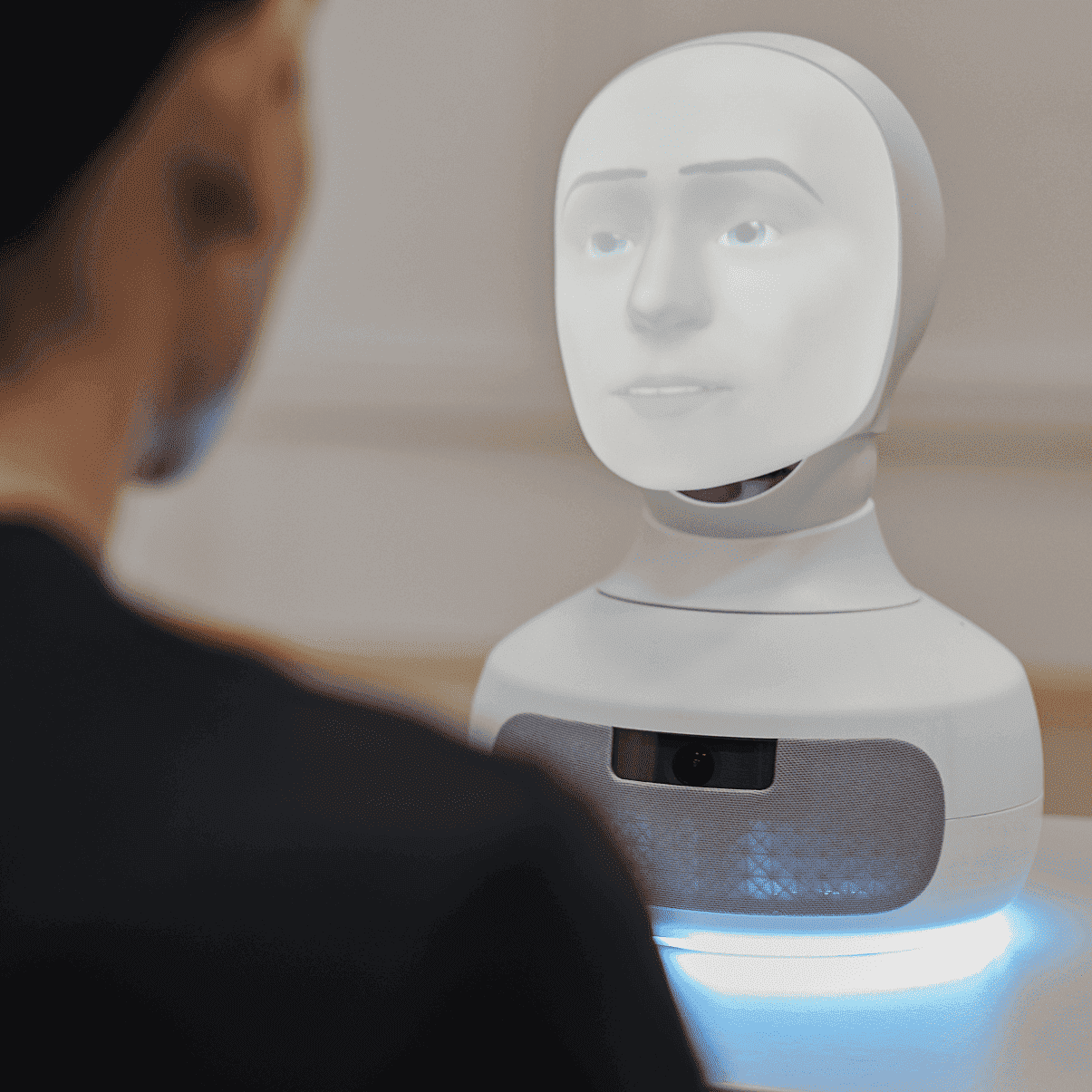
Multi3Generation: Multi-task, Multilingual, Multi-modal Language Generation
Language generation (LG) is a crucial technology if machines are to communicate with humans seamlessly using human natural language. A great number of different tasks within Natural Language Processing (NLP) are language generation tasks, and being able to effectively perform these tasks implies (1) that machines are equipped with world knowledge that can require multi-modal processing and reasoning (e.g. textual, visual and auditory inputs, or sensory data streams), and (2) the study of strong, novel Machine Learning (ML) methods (e.g. structured prediction, generative models), since virtually all state-of-the-art NLP models are learned from data. Moreover, human languages can differ wildly in their surface realisation (i.e. scripts) as well as their internal structure (i.e. grammar), which suggests that multilinguality is a central goal if machines are to perform seamless language generation. Language generation technologies would greatly benefit both public and private services offered to EU citizens in a multilingual Europe, and have strong economic and societal impacts.
Project
/research/projects/xeracion-de-linguaxe-natural-multitarefa-multilinguaxe-e-multimodal
<p>Language generation (LG) is a crucial technology if machines are to communicate with humans seamlessly using human natural language. A great number of different tasks within Natural Language Processing (NLP) are language generation tasks, and being able to effectively perform these tasks implies (1) that machines are equipped with world knowledge that can require multi-modal processing and reasoning (e.g. textual, visual and auditory inputs, or sensory data streams), and (2) the study of strong, novel Machine Learning (ML) methods (e.g. structured prediction, generative models), since virtually all state-of-the-art NLP models are learned from data. Moreover, human languages can differ wildly in their surface realisation (i.e. scripts) as well as their internal structure (i.e. grammar), which suggests that multilinguality is a central goal if machines are to perform seamless language generation. Language generation technologies would greatly benefit both public and private services offered to EU citizens in a multilingual Europe, and have strong economic and societal impacts.</p> - Alberto José Bugarín Diz
projects_en